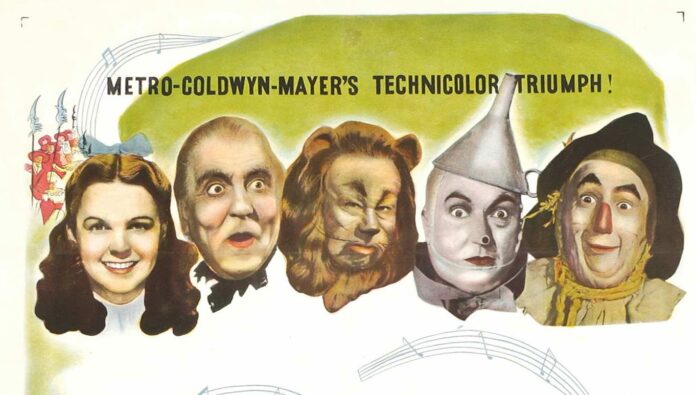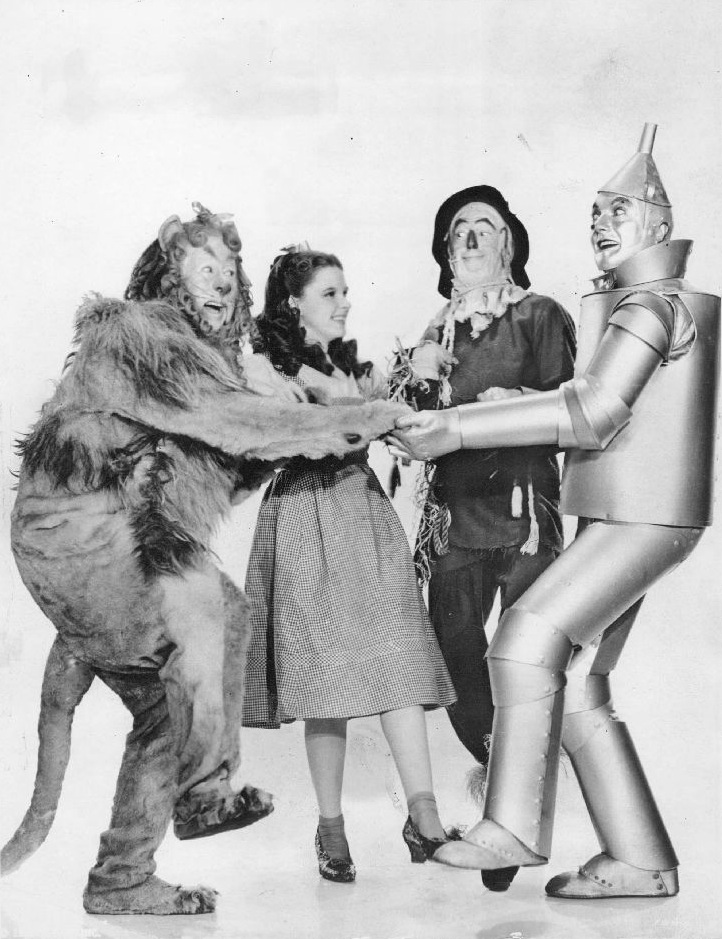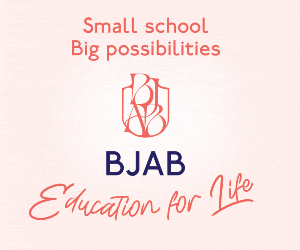Matthew Cossolotto suggests ways you can pack more punch into your presentations
Welcome to our fifth article in Together’s Public Speaking Master Class from a real pro, Matthew Cossolotto (aka The Podium Pro). He recently launched a speaking business and a new website (www.MatthewCossolotto.com) highlighting his Personal Empowerment Programs (PEPTalks) focused on three main topics: Habits, Speaking, Promises. We hope you enjoy this new article in our series that’s designed to help you reach your peak potential as a speaker and enhance your leadership skills.
All speechwriters and speakers – not to mention comedians – know about the ‘Rule of Three’. We’re all familiar with this famous quote from Shakespeare’s Julius Caesar when Mark Antony addresses the crowd after Caesar’s assassination: “Friends, Romans, Countrymen,” he intones, “lend me your ears.” Long before that fateful day, Caesar himself used the rule of three when he declared: “Veni, vidi, vici.” (“I came, I saw, I conquered”).
The appreciation of threes goes way back in time. Aristotle’s Ars Rhetorica employs the rule of three when he discusses the three main methods of persuasion that every speaker should employ: Ethos, Pathos and Logos. Briefly, Ethos deals with the speaker’s personal character and credibility. Pathos appeals to emotion or the psychology of the audience. And Logos is based on reasoning or logic to make the case.
Introducing The Wizard of Oz Formula
I’m not about to quibble with Aristotle, or to try to improve on his rules of persuasion that
have stood the test of time since the 4th century BC. But I would like to humbly propose a slight variation. Something I call The Wizard of Oz Formula. As you’ll see, this formula is also grounded in the all-important rule of three. And in some ways these three elements loosely mirror Aristotle’s Ethos, Pathos and Logos.
Picture the Scarecrow, the Tin Man, and the Cowardly Lion. I’m sure we all remember those
lovable, colorful characters from the motion picture The Wizard of Oz. You’ll recall that the Scarecrow was searching for a brain, the Tin Man a heart, the Cowardly Lion courage. A la Aristotle, I suggest that every successful speech should contain some portion of those three elements: Brains (similar to Logos: information, data, logic, reasoning); Heart (akin to Pathos: passion, emotion, enthusiasm); and Courage (aligned with Ethos: character, a sense of purpose, a speaker who demonstrates courage also embodies character and credibility).
In many speaking situations, it’s a good idea to issue a call to action, to ask members of the audience to do something and not simply to take in the information.
A key message from The Wizard of Oz is that the qualities being sought by all three characters are already present inside each one. As the story unfolds, the Scarecrow learns he is already smart. The Tin Man has demonstrated that he, indeed, has a heart. And even the Cowardly Lion displays unexpected courage in the face of adversity. But all three imagine that the Wizard has special powers to somehow bestow these sought-after qualities on each of them.
“Imagine” is an important word to use in giving speeches. Audience members respond well when speakers ask them to imagine a future that is better than today’s reality. Just think about Martin Luther King’s “I have a Dream” speech, delivered just over 60 years ago. His dream still fires the imagination of his listeners to this day.
Dorothy’s three friends “imagined” that the Wizard was all-powerful so they accepted the idea that he could somehow magically grant them what they thought they wanted (and in fact already possessed): brains, heart, and courage. Imagination is powerful. Speakers should tap into that power. They should also make use of those three qualities in every presentation: brains, heart, and courage.
PodiumPower Comes from the Inside
Here’s another little secret: Being a great speaker comes from inside too. Just like Dorothy’s wish to return home. Ultimately this comes from the inside. Tapping her ruby slippers together, she tells herself repeatedly: “There’s no place like home. There’s no place like home.” And she awakens in her bed surrounded and supported by family and loved ones.
Along those same lines, I’m asking you to think about the Wizard of Oz Formula and repeat to yourself, almost like a mantra, the following simple sentence: “The audience supports me, the audience supports me.” It’s a bit like tapping an imaginary pair of ruby slippers together and finding yourself back home surrounded by admiring loved ones.
About the Author
A former NATO speechwriter, Matthew Cossolotto is the author of The Joy of Public Speaking and the forthcoming Harness Your HabitForce and Embrace Your Promise Power. Matthew provides coaching and conducts public speaking workshops and other Personal Empowerment Programs (PEP Talks) in Brussels and beyond. Visit: www.MatthewCossolotto.com.








